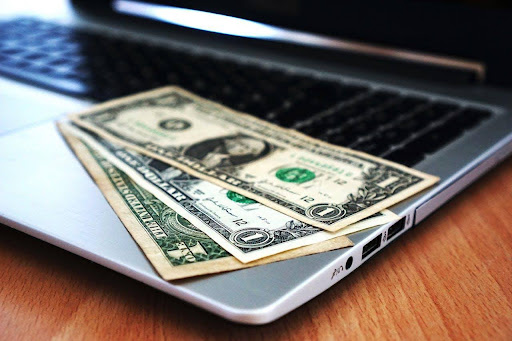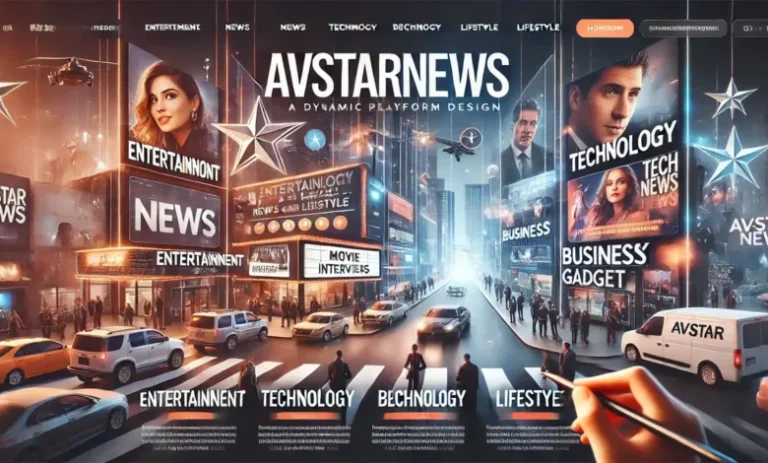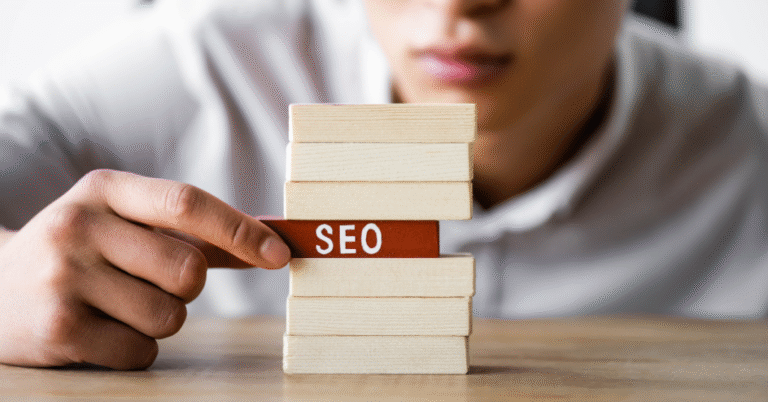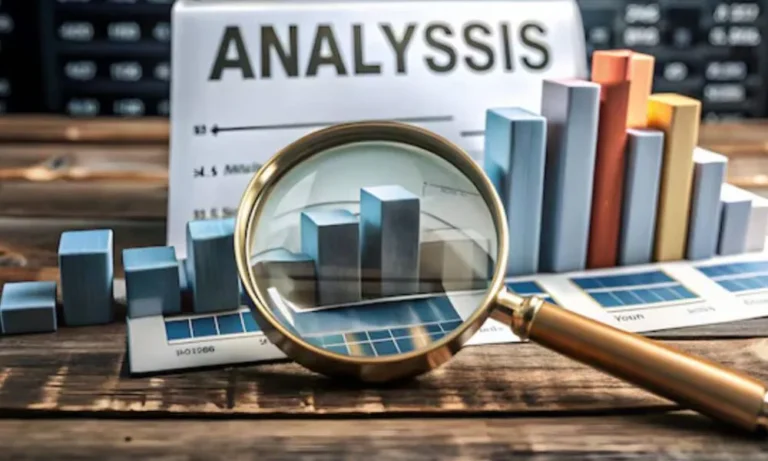The Role of Preparation in Building Financial Stability
Have you ever noticed how life has a way of surprising you at the worst possible time? The car breaks down right after you’ve booked a vacation. The fridge gives out just when you thought you were caught up on bills. Or worse, your job suddenly feels less secure in a shaky economy. These aren’t just inconveniences—they’re tests of financial resilience. Planning ahead isn’t about predicting the future. It’s about being ready for the moments you can’t predict. And right now, when inflation keeps rising, groceries cost more, and economic headlines swing between optimism and gloom, the importance of preparation feels sharper than ever.
The truth is, most people don’t get into financial trouble because of the things they planned for. Trouble usually comes from the curveballs. That’s where planning ahead makes the biggest difference. In this blog, we will share why financial foresight matters, how it builds real protection, and the practical steps that keep you from being caught off guard when life throws a surprise your way.
Planning Ahead Starts With the Basics
Planning isn’t just about charts and budgets. It begins with habits. The small choices you make today shape how prepared you are tomorrow. For example, regularly setting aside money may not feel urgent when everything seems fine. But when a surprise bill shows up, those savings mean you’re covered instead of scrambling.
One of the most powerful tools for this kind of preparation is an emergency fund. Think of it as your financial airbag. You hope you’ll never need it, but when you do, it softens the blow. Experts often suggest setting aside three to six months of living expenses. That can sound overwhelming at first, but the key is to start small. Even $25 or $50 a week adds up faster than you think.
The role of this safety net is bigger than just covering costs. It also buys you time. Losing a job without savings forces you to take the first offer, even if it’s not right for you. With a cushion in place, you can make decisions from a position of strength instead of panic. The same goes for medical bills, car repairs, or home emergencies. Planning ahead through savings doesn’t just pay bills—it keeps your options open.
Practical steps make a big difference here. Automating transfers into savings removes the temptation to skip. Choosing a high-yield savings account lets your money quietly grow. Linking savings goals to real-life needs, like rent or groceries, makes them feel less abstract. Over time, these choices shift your financial life from fragile to stable. And stability is the foundation of good health, both financial and personal.
How Broader Trends Highlight the Value of Preparation
Planning ahead isn’t just personal—it’s cultural. We’re living in a time when unpredictability has become normal. Weather events are stronger. Global markets react to every headline. Costs rise faster than paychecks. In that environment, households that prepare are better able to withstand shocks.
Think back to the early days of the pandemic. People who had savings or backup plans were less stressed about sudden job changes or shortages. They could wait out uncertainty while others scrambled. Today, the same principle applies to inflation. Groceries, rent, and gas all cost more. Families with reserves or a plan adapt better than those living check to check.
There’s also a mental benefit that doesn’t get enough attention. Money stress is one of the top sources of anxiety. Knowing you’ve set aside funds, insured your essentials, or paid down high-interest debt doesn’t just protect your wallet—it clears mental space. In a society already overwhelmed by constant news cycles and personal pressures, that peace of mind is no small thing.
At the same time, planning ahead has ripple effects beyond your household. People who can handle emergencies without going into debt avoid adding strain to credit systems. Communities with residents who are prepared recover faster from disasters. Even at the national level, less reliance on high-interest debt means more stability in the economy. Planning may feel individual, but it adds up to collective strength.
The Cost of Ignoring the Future
There’s a reason financial setbacks feel so devastating. They don’t just drain your bank account. They create a chain reaction. Using credit cards to cover emergencies piles on debt. Pulling from retirement accounts robs your future self. Skipping bills to cover urgent costs damages credit scores that affect everything from loan rates to job applications.
Ignoring planning is like ignoring a squeaky brake on your car. At first, nothing happens. Then, suddenly, you’re facing a repair bill you can’t afford. Financial health works the same way. The warning signs—living paycheck to paycheck, carrying credit card balances, not saving anything—are easy to dismiss until the system fails.
The irony is that planning actually requires less effort in the long run. Setting aside money each month takes discipline, yes, but it prevents larger headaches later. Paying bills on time keeps interest costs low. Monitoring spending helps prevent debt from creeping up. The effort is front-loaded, but the rewards compound.
Practical Steps Anyone Can Take
Planning ahead doesn’t have to be complicated. The best systems are often the simplest.
Start by tracking expenses. Knowing where your money goes is the first step to controlling it. From there, identify areas where you can cut back, even slightly, and direct that money toward savings. If big goals like saving six months of expenses feel intimidating, break them down. Focus on one month first. Small milestones keep motivation high.
Debt management is another key part of planning. Paying down high-interest debt frees up future income and reduces risk. Balance transfers, consolidation, or negotiating with lenders are all strategies that can lighten the load.
Insurance is another overlooked area of planning. Home, health, and auto coverage all act as shields against expenses that would otherwise wreck a budget. Reviewing coverage regularly ensures you’re protected without overpaying.
And finally, diversify where your money goes. Retirement accounts, savings, and short-term funds all serve different roles. Together, they build a layered system that can withstand surprises from multiple directions.
The bottom line? In a culture obsessed with instant gratification, preparation may feel old-fashioned. But look closer and you’ll see it’s actually modern resilience. The families, individuals, and businesses that plan ahead are the ones able to adapt quickly when conditions change.
That’s the essence of financial health: not avoiding challenges but being ready to face them without falling apart. Life will always surprise us. The question is whether we’ll be prepared or scrambling. Planning ahead doesn’t eliminate risk, but it gives you the tools to meet it with confidence. And that confidence may be the most valuable investment of all.
Keep an eye for more latest news & updates on Wep Bound!






